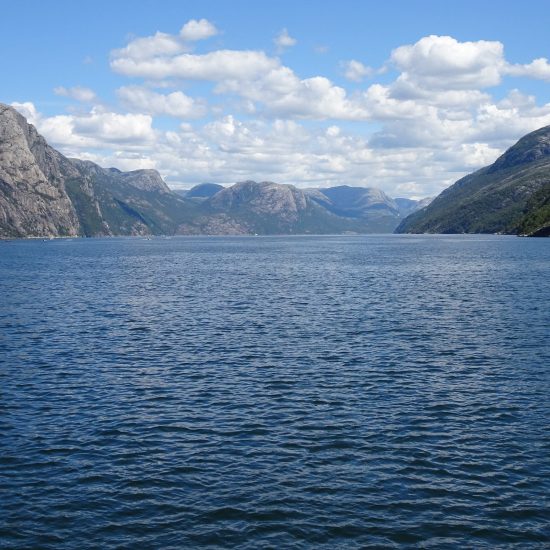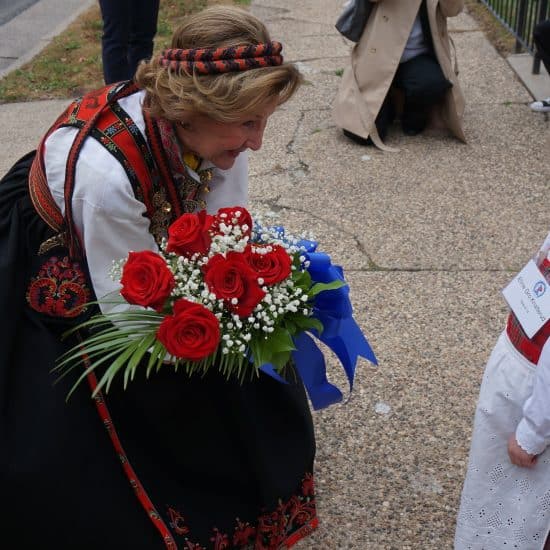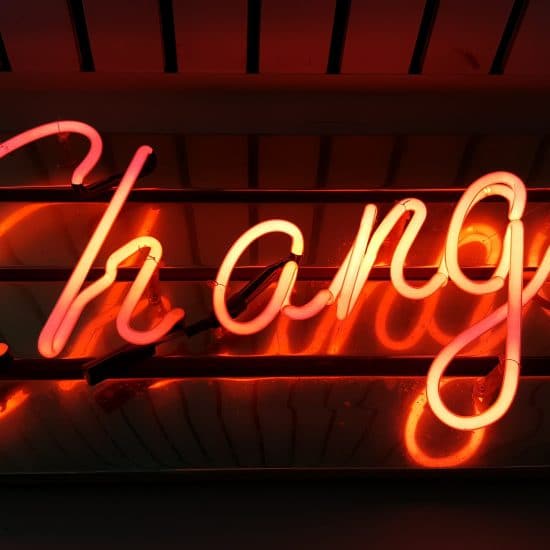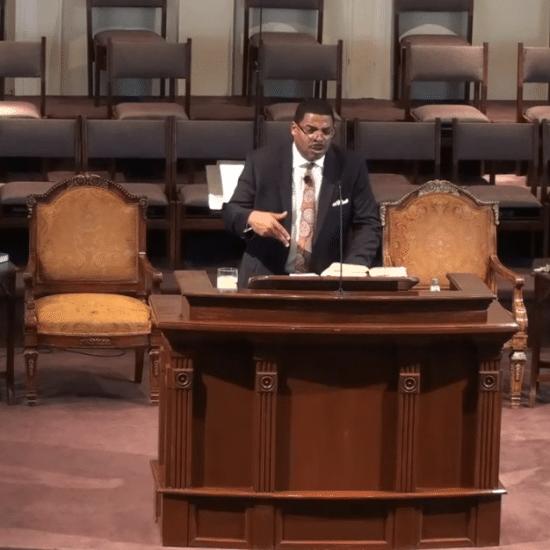The July 22 bombing of a government official's offices and the sniper-like murder of at least 68 people at an island camp for young people would have been disturbing had it happened anywhere in the world. The fact that it happened in Norway is particularly shocking.
By some accounts, Norway boasts the highest standard of living in the world, in part because the nation that generations ago relied on whaling for its economic wellbeing has since profited from the discovery of large petroleum and gas reserves. Shipping and fishing remain a vital part of the economy.
The Scandanavian country virtually never makes the news because of outbreaks of violence, not in modern times at least. The days of Viking raids are long past. The North Atlantic European nation — actually a kingdom with an independent monarchy since 1905 — remained officially neutral during World Wars I and II. It provided supplies to Britain in World War I and was occupied by the Germans from 1940-45 in World War II.
Norway has apparently not discouraged immigration and it tolerates religions both Christian and non-Christian, although the official state church is the Evangelical Lutheran Church of Norway, which is administered through a government department. The Norwegian monarch, who is the head of the church, nominates the church's bishops. Clerical salaries and pensions are regulated by law.
By reputation, Norway is a place where people live and let live, where people live peaceably with one another.
Norwegian massacre suspect Anders Behring Breivik shattered the peace and the security the nation has enjoyed, particularly since the industrial revolution. Eight people died in the bombing of the government building in Oslo and at least 68 perished at the camp in the hour-and-a-half before authorities and rescue workers arrived. Others at the camp were still missing at press time.
The terror suspect's actions were apparently intended to stop Norway from becoming a multicultural society and "to save Europe from Muslim takeover," according to news reports.
In the aftermath of the bombing and island killing spree, headlines shouted Norway "has lost its innocence," and Prime Minister Jens Stoltenberg acknowledged, "This will change Norway."
It will be interesting to see how Norway reacts and how it changes. The first reaction has been an outpouring of national grief and Prime Minister Stoltenberg's message to the nation has been one of comfort and solidarity.
How will this North Atlantic nation change? In a country largely secular in orientation, will the loss of innocence and the horrific loss of life have an impact on the hunger for faith and the depth of faith of its 5 million citizens?





